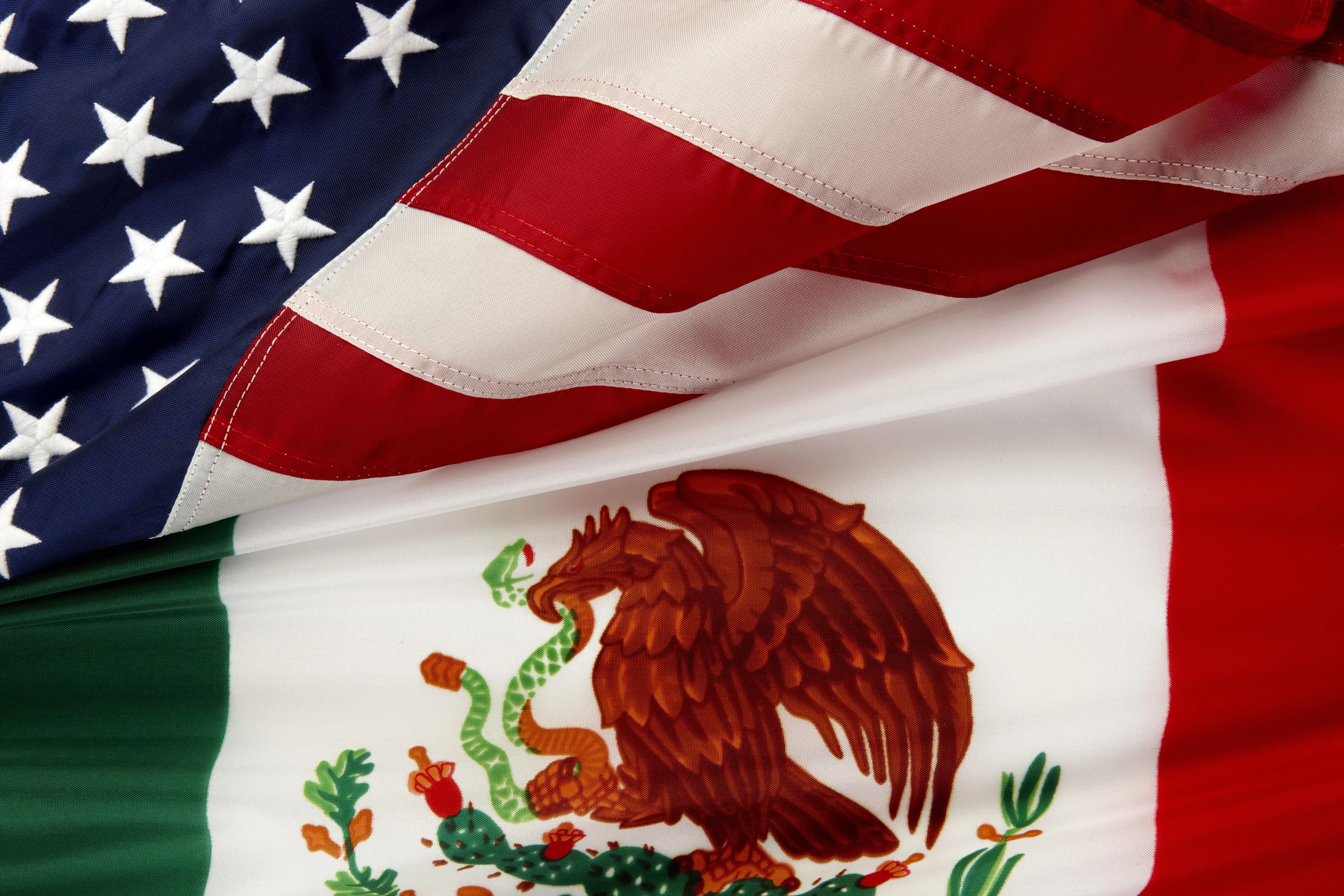 |
| US, Mexico |
The Trump administration is pushing for an early renegotiation of the US-Mexico-Canada Agreement (USMCA), potentially as soon as this year. This could offer an opportunity to strengthen the commercial relationship between the three countries. According to Kennet Smith, a partner at consultancy Agon, this move is crucial for Mexico, which faces the challenge of navigating tariff tensions while preparing for future renegotiations. The immediate focus on the USMCA renegotiation could also bring long-term benefits to Mexico if handled strategically.
Tariff Concerns and Opportunities for Mexico
The recent series of tariffs announced by President Donald Trump, particularly on April 2 during what he referred to as "Liberation Day," had an interesting effect on the Mexican economy. The peso initially reacted positively, as Mexico was largely shielded from the new tariffs due to the protections within the USMCA.
Mexico's President, Claudia Sheinbaum, chose a strategy of not retaliating against Trump's tariffs. Instead, her administration has focused on working with the US on critical issues such as immigration, drug trafficking, and security. This approach has helped Mexico avoid a full-fledged tariff war. However, Smith notes that Sheinbaum’s administration needs to prepare for potential changes to the USMCA, such as coordinated action against imports from China, which could lead to new tariffs on Chinese imports entering Mexico.
Mexico's Strategy Moving Forward
Despite the challenges, Mexico has options to gain leverage during the renegotiation process. Smith suggests that Mexico could initiate a consultation process under the USMCA rules to address potential violations, particularly related to Trump's tariffs on steel, aluminum, and auto parts. Under the agreement, tariffs on these items have been increased from 2.5% to 25%, which Smith views as a violation that could be contested in the renegotiation talks.
Furthermore, Mexico could stand to benefit from the evolving tariff war. If the dispute continues, Mexico might be able to secure exemptions from these tariffs under a renegotiated USMCA, encouraging foreign companies to shift their manufacturing operations to Mexico. This could lead to a revival of nearshoring trends, which would bolster Mexico’s manufacturing sector.
Domestic Challenges Facing Mexico
While international opportunities may arise from the renegotiation of the USMCA, Mexico must also address its domestic issues. Valeria Moy, director of IMCO, highlighted that Mexico's attractiveness as an investment destination has been undermined by recent domestic reforms. These include changes to the energy sector, the removal of independent regulators, and the restructuring of the judicial power. Such actions have created uncertainty in Mexico’s business environment, which could deter foreign investments and undermine efforts to attract manufacturers from abroad.
Conclusion
The Trump administration's pressure for early USMCA renegotiation presents both challenges and opportunities for Mexico. While Mexico has managed to avoid the worst effects of the tariff war, it must remain vigilant in securing its interests during renegotiation talks. At the same time, Mexico must address internal reforms to ensure it remains a competitive and attractive destination for international investment.













 We publish to analyze metals and the economy to ensure our progress and success in fierce competition.
We publish to analyze metals and the economy to ensure our progress and success in fierce competition.
No comments
Post a Comment